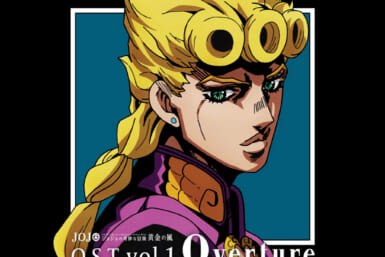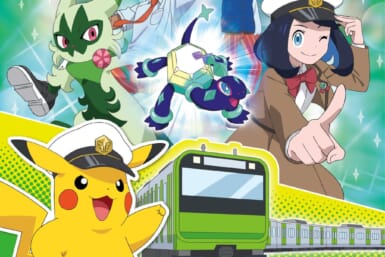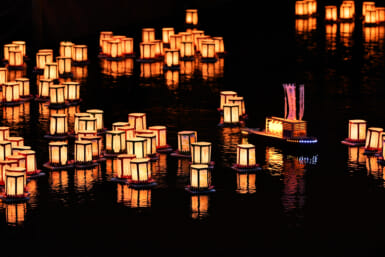Just a short walk from Akihabara Station, down a nondescript street and behind an unassuming door is Mogra, an anime song bar and club. Every third Wednesday of the month, the venue plays host to Tokyo Indies, a space for gamers and developers alike to get together and celebrate Japanese indie video games.
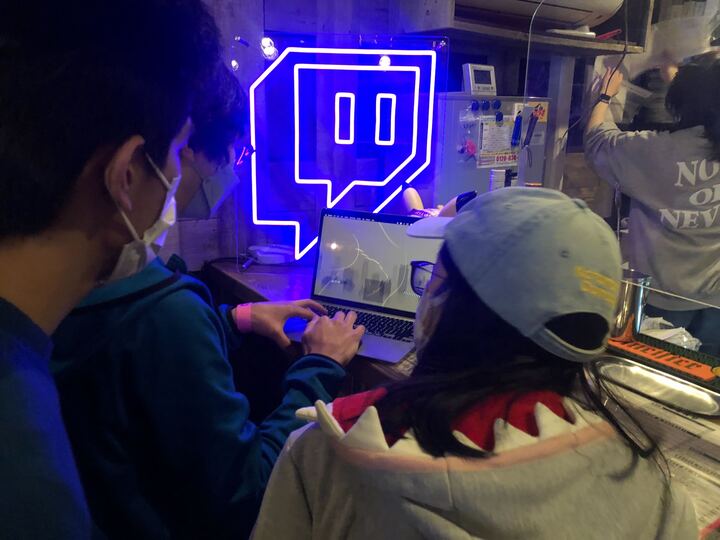
A Place for All Things Indie Gaming in Tokyo
A typical Tokyo Indies night can be roughly split into two parts. The first half has folks mingling with a beer, highball, or a chilled glass of oolong tea in hand. You’ll often overhear video game enthusiasts chatting about the latest releases while developers might talk shop about what they’ve been working on. Once, I had a spirited discussion about the best mainline Final Fantasy title and the best way to eat snacks while gaming (chopsticks into potato chip bags won unanimously). Another time, I found myself sitting next to Fernando Damas, writer and programmer behind the global cult hit video game, VA-11 Hall-A: Cyberpunk Bartender Action. That’s the draw of an event like Tokyo Indies, you never know who you’ll meet.
“I originally started Tokyo Indies in June 2014. Next year will be our 10-year anniversary,” says Alvin Phu, the founder of the event. A Chinese American who originally hails from Boston, Phu was inspired by his hometown’s chapter of the International Game Developers Association (IGDA) to host a regular meet up where developers could talk about what they’re working on. At the time, yearly exhibition events such as Tokyo Game Show or Kyoto’s BitSummit were available but a monthly gathering to share work-in-progress was not.
“I had never run an event before, so I just invited a few friends and industry people I’d met over the years who I knew were making games,” he says. “I figured if maybe five people came, I’d buy everyone a drink. But we ended up getting about 30 people and filled up the venue. After that, I found another place and just regularly kept inviting people and they spread the word around.”
Phu comes from a game developer background himself, having been in the industry for about 14 years in both America and Japan. He started running Tokyo Indies solo but over the years, friends and volunteers have helped with logistics, interpretation and communication. He would like to shout out thanks to Paul, Gavin, KC, Ichijo, Mihara, Cheryl and Ojiro for their support.
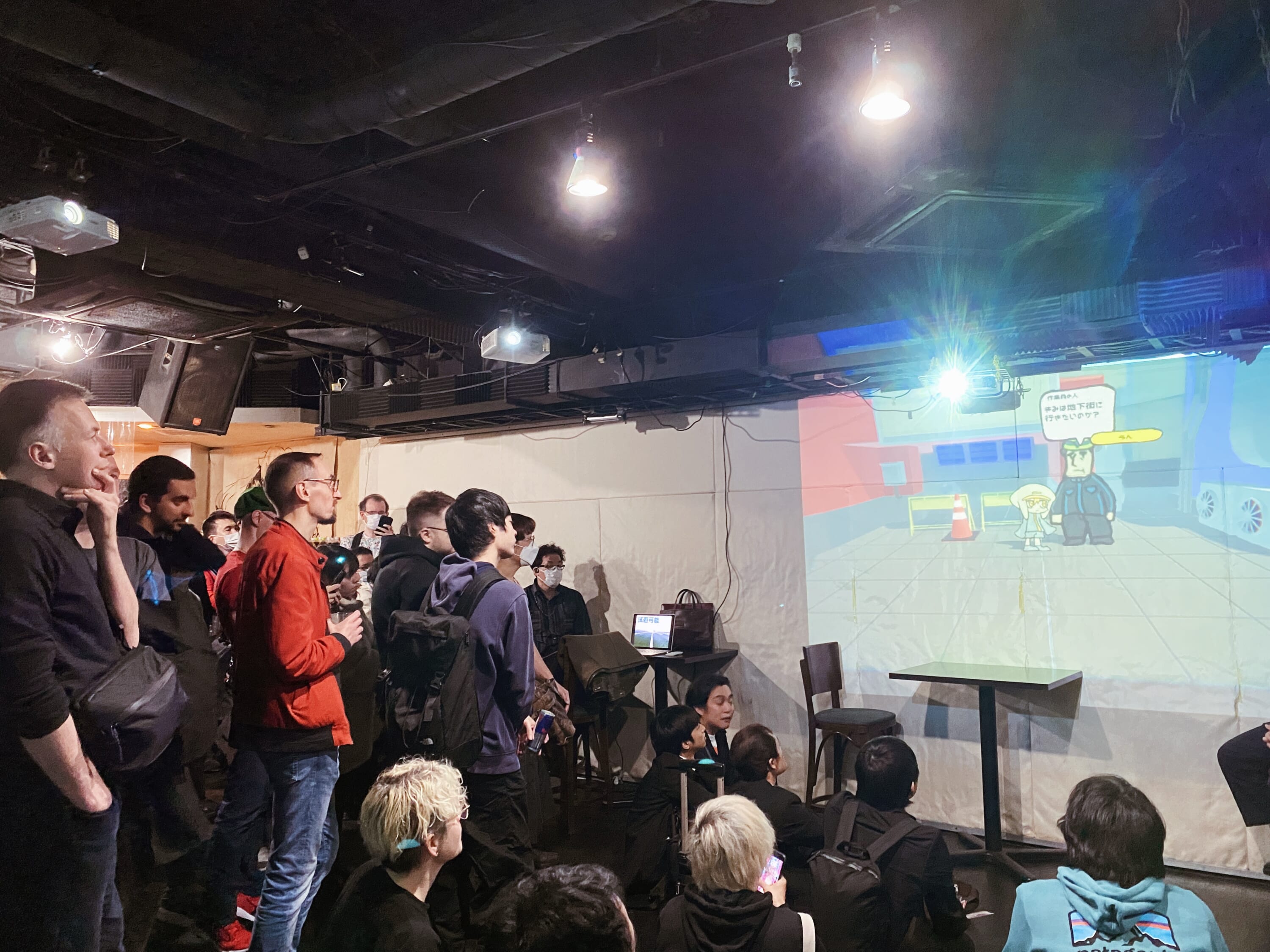
Gamers and developers crowd together to take a look at the latest Indie games coming out of Tokyo
During the second half of Tokyo Indies, attendees head down to the basement level for the headline act. Here multiple projectors are set up for indie game developers to pitch their games to a supportive audience. There are local solo developer projects such as Motion Rec by Shoma, a game about progressing through stages by recording and replaying movement.
Another interesting up-and-coming Japanese indie game is Young Team Sounds by Post Commercials: Alliance, a music creation adventure game where the sounds you create change depending on emotionally driven choices. On occasion, there are also international guests. In September, a representative from the international female and minority gender developer fund Wings came to introduce her company. This November, Mexican developer Antonio Uribe, better known as Fáyer, shared Arco, a turn-based adventure game about magic, revenge and petting llamas. Guests are also able to try game demos by the presenters or other exhibiting developers once the presentations are over.
A Chance for Japanese Indie Game Developers to Show Off
Phu states, “Tokyo Indies has been by design completely self-sustainable. The only thing we really need to continue is for people to keep showing up as 100% of the entry fees go back to the venue. In consideration of different developers, their platforms and technologies, we generally do not accept funding from businesses in order to be as inclusive as possible.”
One thing Phu really hopes to encourage is more local Japanese indie developers to take their chance on stage. Some he says are too shy to even show up at the event due to perceived language barriers, let alone present their games. Phu affirms that having Japanese language and accessibility is their main priority. In addition, with games naturally being a visual medium it’s hopefully easier for people to communicate.
“Indie developers can feel kind of closed off as they’d like to just focus on making their games, which I understand,” Phu continues. “But I’ve always put forth that it’s worth being able to get different viewpoints and information from other developers you would never have come across otherwise on your own.”
Despite these concerns, Tokyo Indies continues to draw a crowd each month and applications to present are consistently filling up. It’s clear that an incredible amount of work goes in each time to organize the event but it’s not without pay off. Phu says that some of the most rewarding moments are being able to see the incremental progress of developers who visit Tokyo Indies over time.
“I’ve seen games that have been just small prototypes,” he says. “Time will pass and they’ll happily say, ‘I’m finally releasing the game’ or ‘This publisher picked up my game!’ It’s one of the most important aspects of this event. There is some kind of stake that pushes you a little bit further to progress development in your game.”
Having seen as many pitches as he has over the years, Phu has some advice for those interested in pitching their game at Tokyo Indies or any other event.
“Keep things short and to the point,” he suggests. “Let your game do most of the talking. I try to tell the presenters to keep the presentations to about 5-10 minutes but it’s not always possible. Also, it’s important to think of the most fun and short way to describe the main experience of your game.”
An example of this is Downwell by Moppin, a well-known Japanese indie game that was presented at Tokyo Indies. It is self-described on social media as, “A game where your shoes are guns, and you go down a well.”
The game was ultimately picked up by global indie publisher, Devolver Digital. Phu continues, “always remember to use GIFs when showing off anything in your game if you can. Lots and lots of GIFs. In terms of pitching games to a publisher for funding, the reality is that it can also come down to just luck and timing.”
Check out more on Tokyo Indies on X (formerly known as Twitter).


